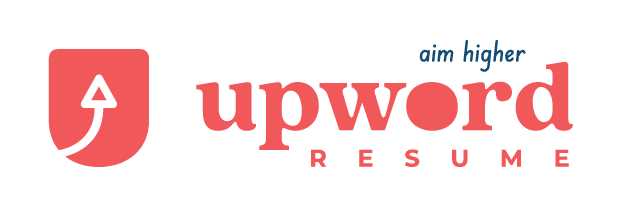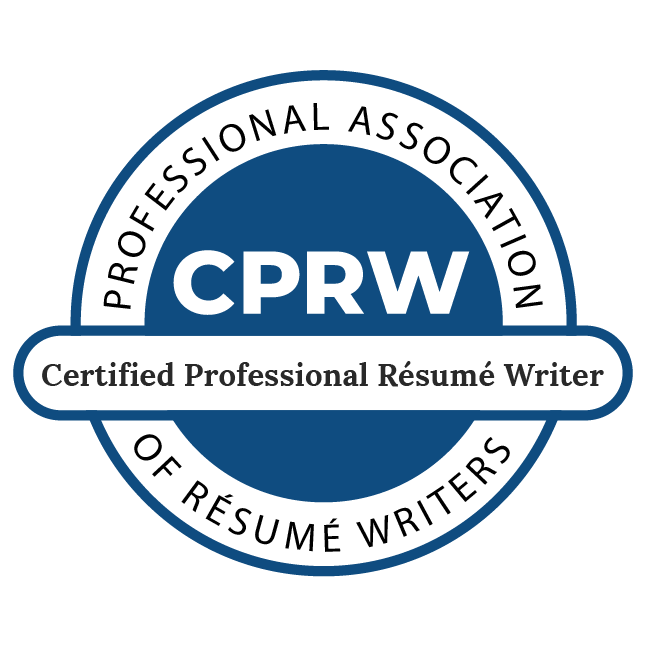Among the dozens of questions about resumes and job searching I get from my resume clients, here are two that pop up again and again: how to submit professional references and how to handle requests for salary requirements. These are sticky little issues, but fortunately, here are clear, simple answers to both.
Professional References
Some people write “References Available Upon Request” at the bottom of their resume or even list their references’ contact info on the page. This is outdated and frowned upon. Of course your references should be available on request! A hiring manager would be silly to assume otherwise.
There’s no need to mention anything regarding references on your resume.
Instead, prepare a simple reference sheet. Copy the letterhead (your name, contact info, etc.) from your resume and use the same font style. This will give your references a similar look and feel to your resume and add professionalism.
Then list the name, position, phone number, and email address of 3-5 professional contacts.
The best candidates are supervisors or clients. Past vendors or colleagues also work. Choose people you know will recommend you enthusiastically and without reservation. Try to include a representative from each of your past few jobs.
As a professional courtesy (because you’re classy like that), send each of your references a quick email to confirm that they’re okay with being listed.
Bring a few copies of your reference sheet to any interview. Typically, references will be requested during the interview phase of the hiring funnel.
Salary Requirements
When a prospective employer asks for your salary expectations, always respond with a range.
“Based on my experience and qualifications, my salary requirements are in the $XX-XX range.”
Make sure the bottom number of the range you provide is above your bottom-floor needs. And make sure the top number is higher than your goal.

